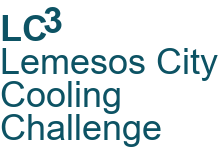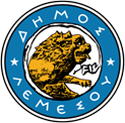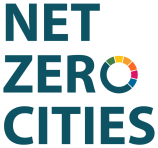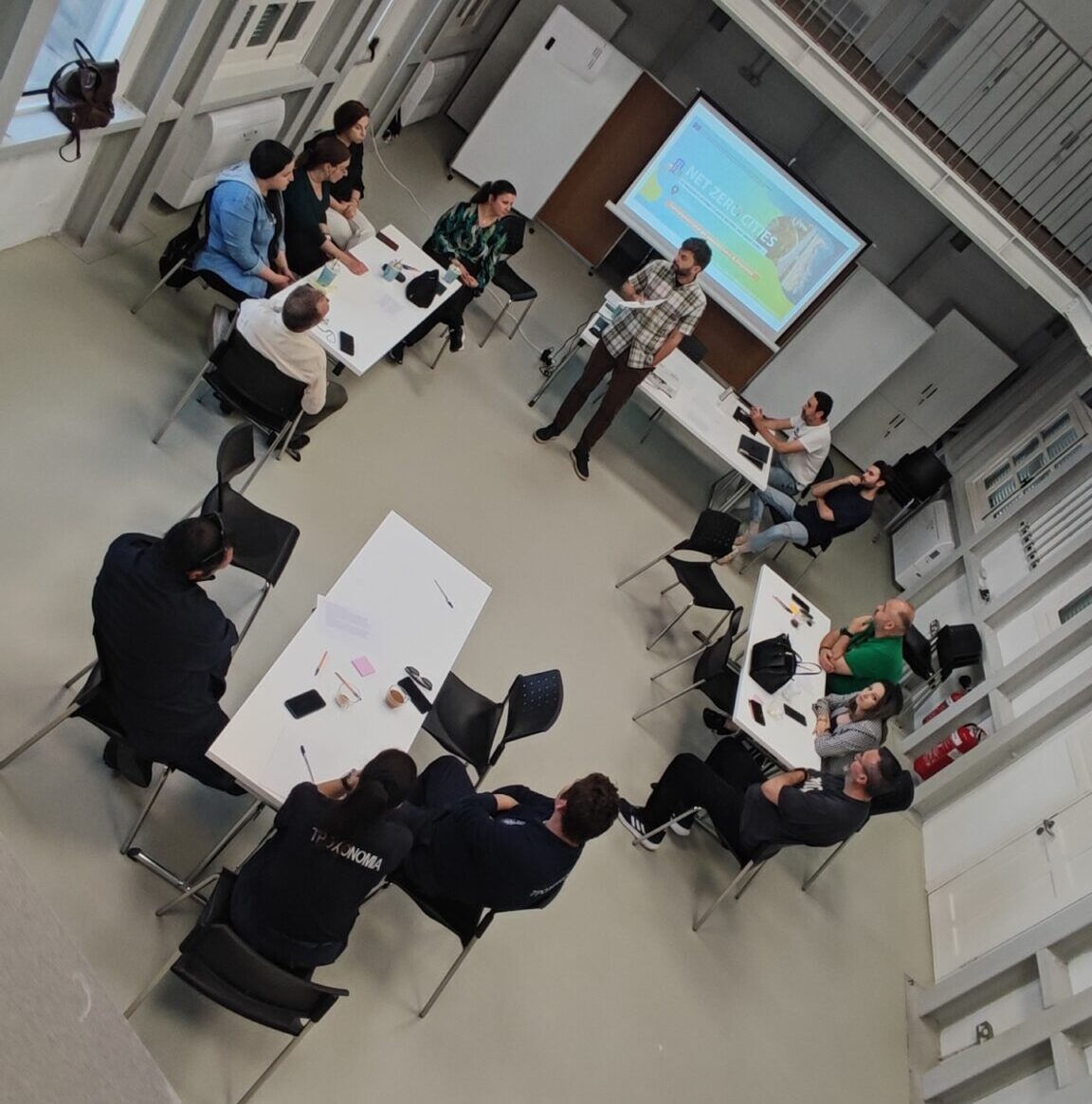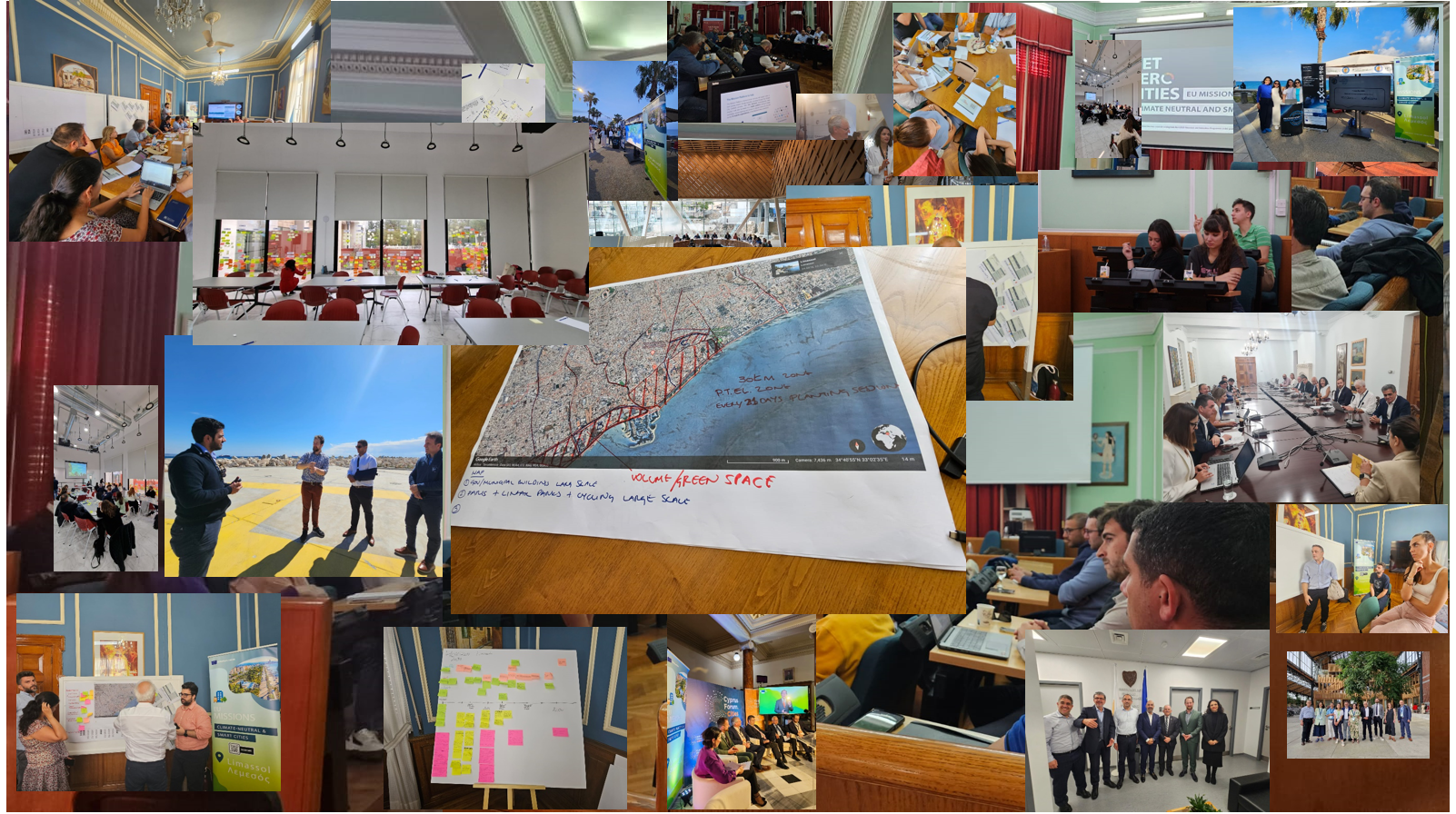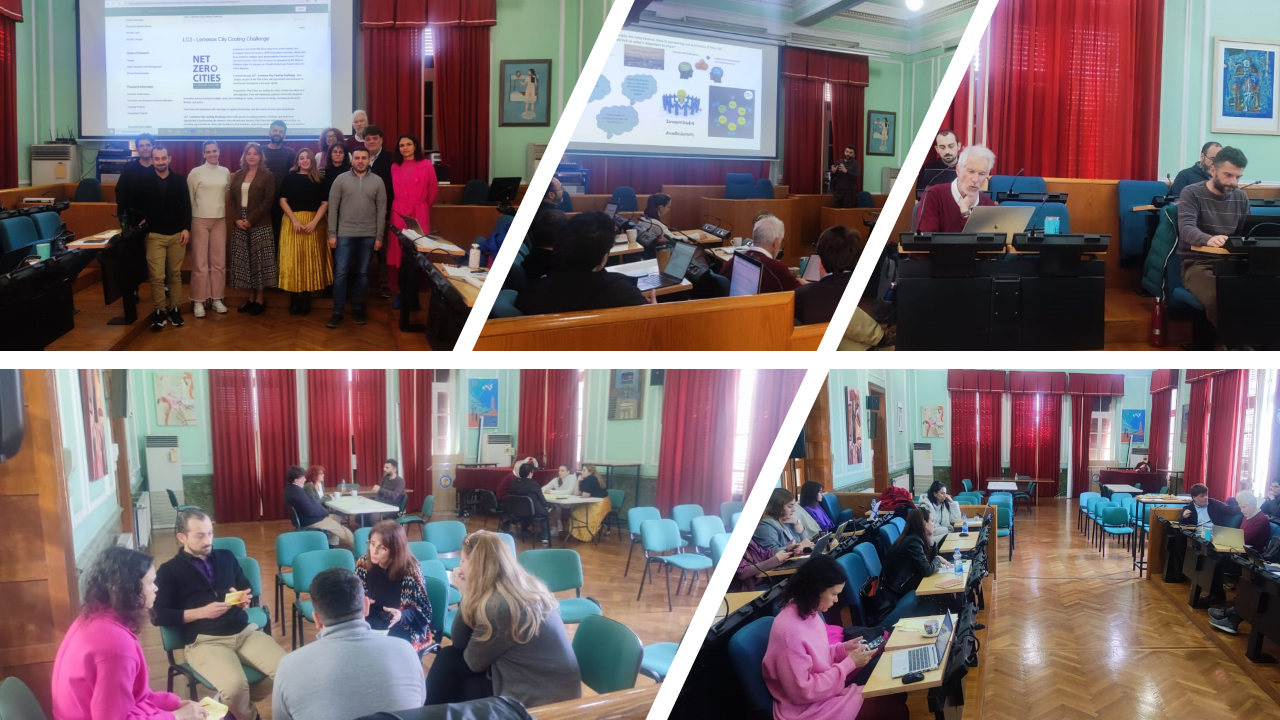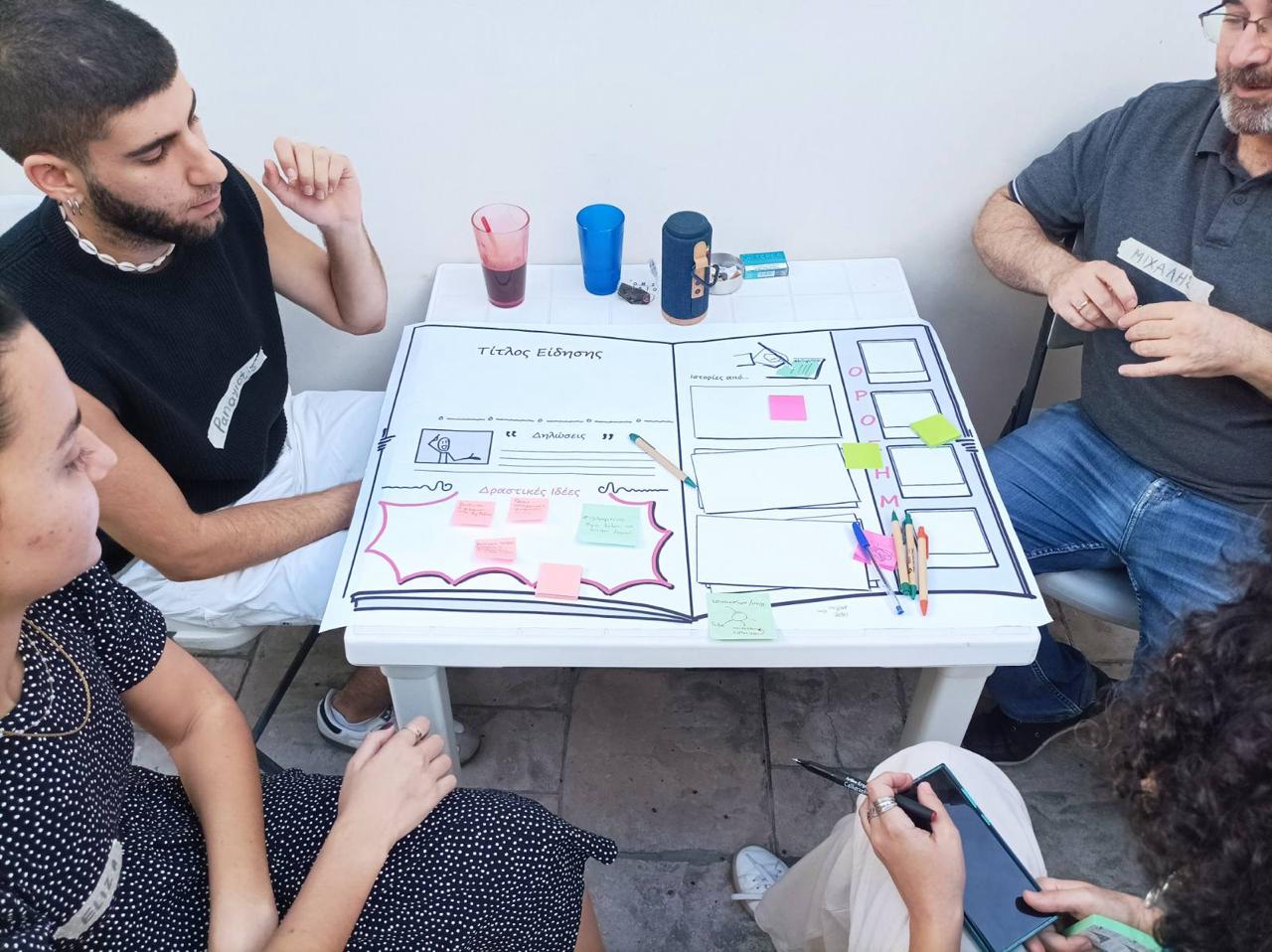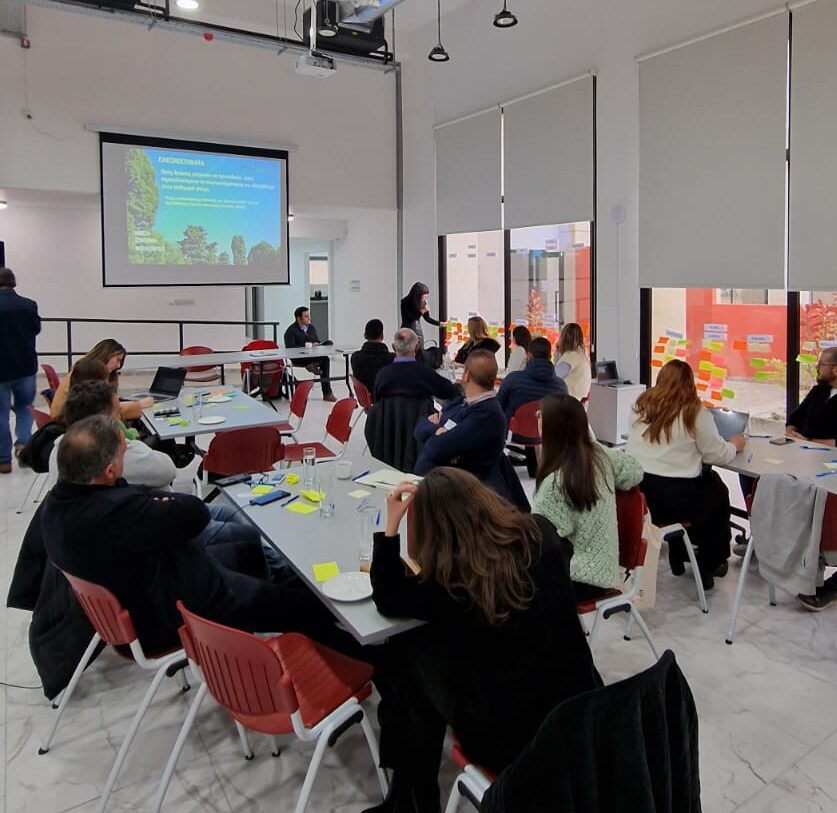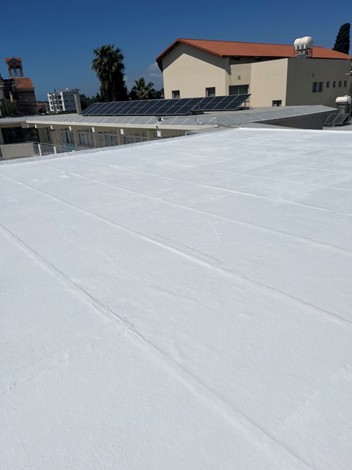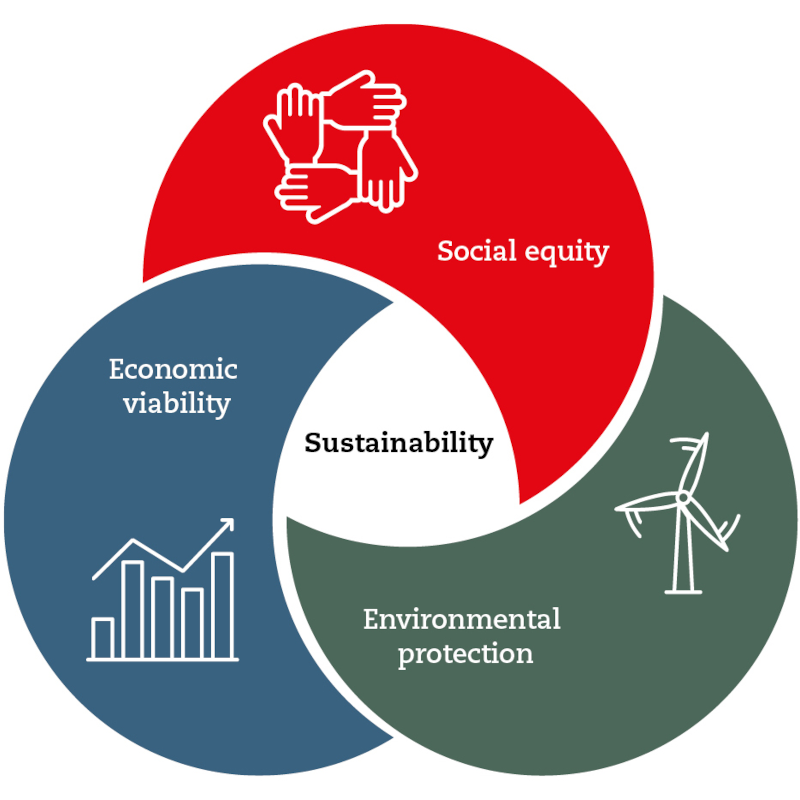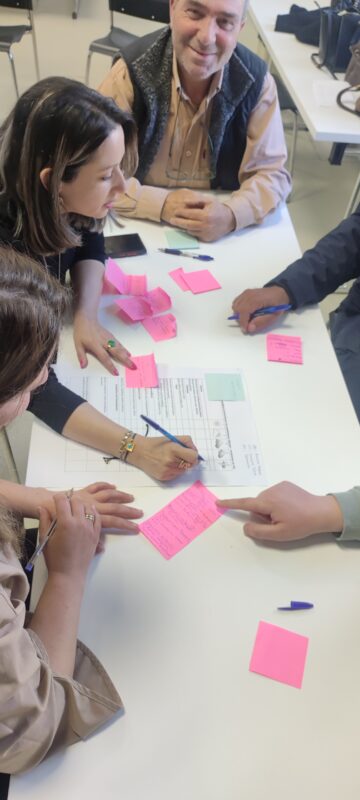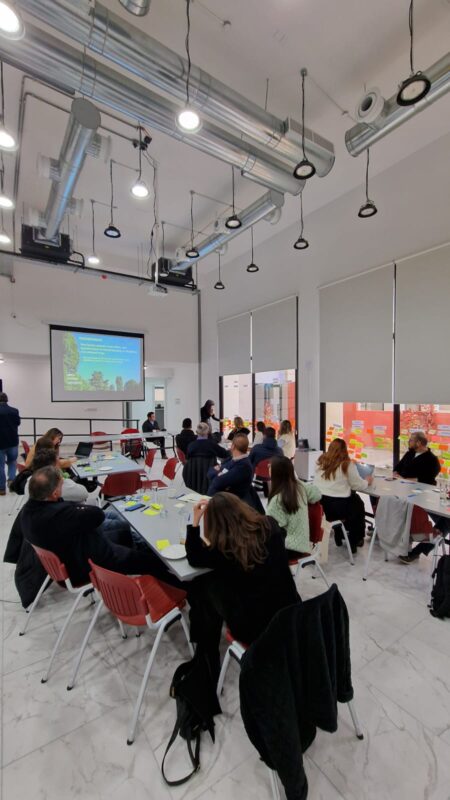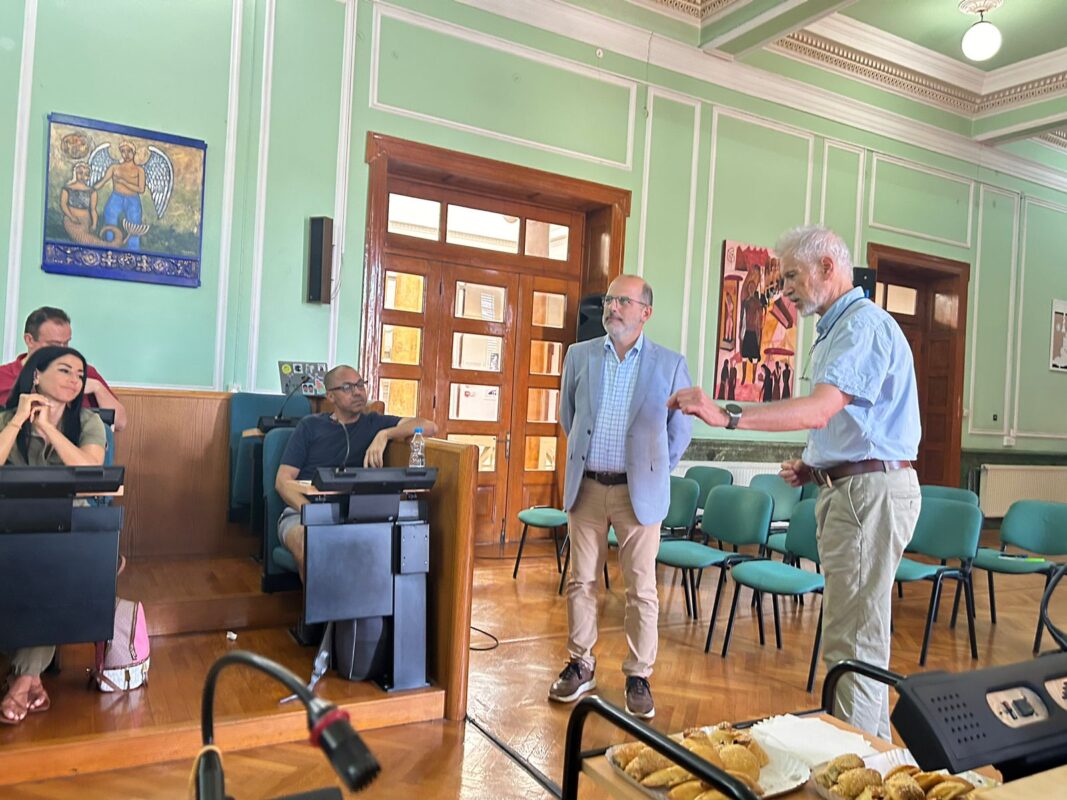
LC3 Citizen Science 2.0
Participatory Solution and Policy Co-Design through Citizen Science for Lemesos Climate Neutrality
Change in social attitude and behaviour: Small-scale stakeholders and Citizen Participation; active involvement in co-design of climate solutions.
The transition to net zero involves a very large number of decisions, policies and measures and will require significant change, which may be difficult, uncomfortable, expensive, inequitable, and subject to significant resistance and delay.
Change in the city will come as a result of actions that stakeholders want and can do. If these interests, wills, affordances and actions are synergistic, then change will be accelerated, inclusive, democratic and sustainable. The CoΛ (City of Lemesos) and LC3 leads this process of change in partnership, initially academia, professional associations, NGOs, government agencies, and stakeholders (citizens, owners, professional and business associations, NGOs). Citizens as individuals are often associated with more than one stakeholder category and are carriers of conflicting views, thus becoming channels of communication between stakeholders.
Social change envisaged: from needs up to citizenship and from skillfully active people down to climate deniers and adversarial
Needs > Interest > Opportunities >
active engagement >
Ownership > entrepreneurship > Citizenship
In parallel with increasing the level and quality of involvement from needs to citizenship, the participatory process engages -as time goes by- a broader circle of citizens and stakeholders, from those already aware and active, to those initially adversarial to sustainability activities.
Skillfully active < skilled < just aware <
indifferent <
climate deniers < adversarial
As a tool, at the core of this process is the “participatory cooperative solution design workshop” or “co-workshop” for short. It is preceded by:
- data collection (questionnaires and interviews: good quality data collected, processed, openly shared) and
- honing issues through focus groups and is followed by broader events
It is surrounded by communication, dissemination, and education activities as well as listening, monitoring and evaluation. Long-term change (impact) envisaged: stakeholders are no longer apathetic; they become knowledgeable in climate issues. Medium-term outcomes: Climate issues are discussed in the city -they are not just a subject of fear or of complaints against government and the big companies. The co-benefits of this process are the advancement of professionals from Aware to Knowledgeable to Skillful and the staged inclusion of people who are inactive, indifferent, deniers and adversarial.
Participatory co-design solution workshops
& Lemesos Commons sessions
3 sessions /3 hours/3 groups
Priorities and co-designed solutions resulting from co-workshops
Built Environment Professionals
Priorities, co-designed solutions on built environment
Municipality Staff co-workshop as a citizen science experience
In July 2023 LC3 focused on municipality staff workshops (A1.2.3) and in parallel elaborated on the methods and material design. While working in A1.2.3, we prepared a workshop for LC3 staff members and facilitators. First, (A1.2.1) a workshop was conducted for the facilitators-to-be, who then conducted training for the LC3 project members (A1.2.2). These activities were implemented during the first months of project LC3. The theme for the facilitator and project staff workshops was “Running co-workshops including recruitment of participants and conflict resolutions” and “Co-designed solutions of the Lemesos Commons”, i.e., how to run the Lemesos Commons.
This work was capitalized for the CoL staff workshop (A1.2.3) which took place in February - May 2024. The participatory solution co-design workshop with the CoL staff had one theme: “What are the actions needed to cool Lemesos”, focusing, when possible, on municipal buildings and open spaces and representing the issue for which solutions were sought and being designed.
The five groups of municipal employees who participated in the workshops came up with a series of interventions - solutions, through small pilot actions that can either be organised by the employees themselves or with some help from the project. The proposal of the LC3 project is, after the agreement of those responsible in the municipality, to put in place what is realistic so that the participants feel that something can be changed in everyday life and with their own intervention, proposal of solutions and participation. This can be empowering for the other interventions that the Municipality is preparing through the Climate Contract.
Co-designed solutions by Municipality Staff
- The solutions proposed to specific challenges of everyday life concern:
1. Organized recycling system in the municipality
o Awareness raising for staff and installation of bins for separate waste collection on each floor.
o Agreement with greendot to place bins in nearby locations outside the City offices and more frequent collection.
o Pilot Implementation: A recycling point could be set up at a selected municipal building, evaluate participation and performance of the system with the goal of expanding it throughout the City.
2. Establishment of a "green spot".
o Composting of vegetable matter from the work of the municipality and the municipalities, with the possibility of free compost distribution to citizens.
o Pilot implementation: A pilot green point could be created in cooperation with local agricultural cooperatives or in a field in the municipality. It would need some Green Department staff to run it.
3. Promote car sharing
Create a questionnaire for statements of interest from employees. Implement flexible hours and provide incentives to participants. There may be cooperation with (CIPAC, AIC, CYTA, Bank of Cyprus)
o Pilot Implementation: Initiate a pilot car sharing program in a City building/agency, with monitoring of participation and results. Then expand throughout the City and to other nearby agencies.
4. Create space (Upcycle)
o Collecting items in good condition from citizens, improving/repairing/transforming them by the Municipality and making them available to those who need them.
o Pilot implementation: A pilot space (a City hall) to be set up for the collection and conversion of items. Citizen participation and reuse of materials will be evaluated.
5. Creation of a park and ride line for Municipality events
o Provide transportation for citizens who want to attend City events. Need good communication policy and incentives to get citizens involved. It will reduce the traffic problem and get the right environmental messages across to citizens. In the future it can be combined with a bus lane.
o Pilot implementation: Could be piloted 2 days at a City event (e.g. wine festival, flooding) Park and Ride line. Evaluate results, correct any problems, and expand when the City is ready.
6. Reduce waste during City events
o Suspend the use of single-use plastics, promote reusable bottles and install coolers for free water.
o Pilot Implementation: At a carefully selected event, implement plastic deterrence (not even in the cafeteria) and distribute a free number of reusable bottles in conjunction with free cold water points inside and outside City buildings.
7. Promote the use of public transporto Awareness campaigns, subsidizing fare prices, creating bus lanes, densifying routes and creating apps for real-time information.
8. Creation of cycle paths
o Incorporate bike lanes on each new roadway and connect existing routes to create a network of bike lanes.
9. Improve waste management in the city
o Raise awareness to strengthen source separation, reduce waste generation and implement "Pay as You Throw".
10. Expand e-government
o Staff training and awareness campaigns to provide as many municipal services as possible electronically.
11. Improvements to the Traffic Enforcement building
o Vertical separation of the building between the Traffic and Health Departments is proposed instead of the current horizontal separation so that both departments have windows, natural ventilation and daylight. By dividing the space into smaller rooms, air conditioning and lighting will be allowed only in the employee's area, reducing energy consumption.
o Creating two offices with one computer each so that staff can answer messages or calls, avoiding the need to go to the secretarial office.
12. Reducing plastic production
o Provide personal reusable bottles (thermos type) with a City logo to staff and eliminate single-use plastic cups.
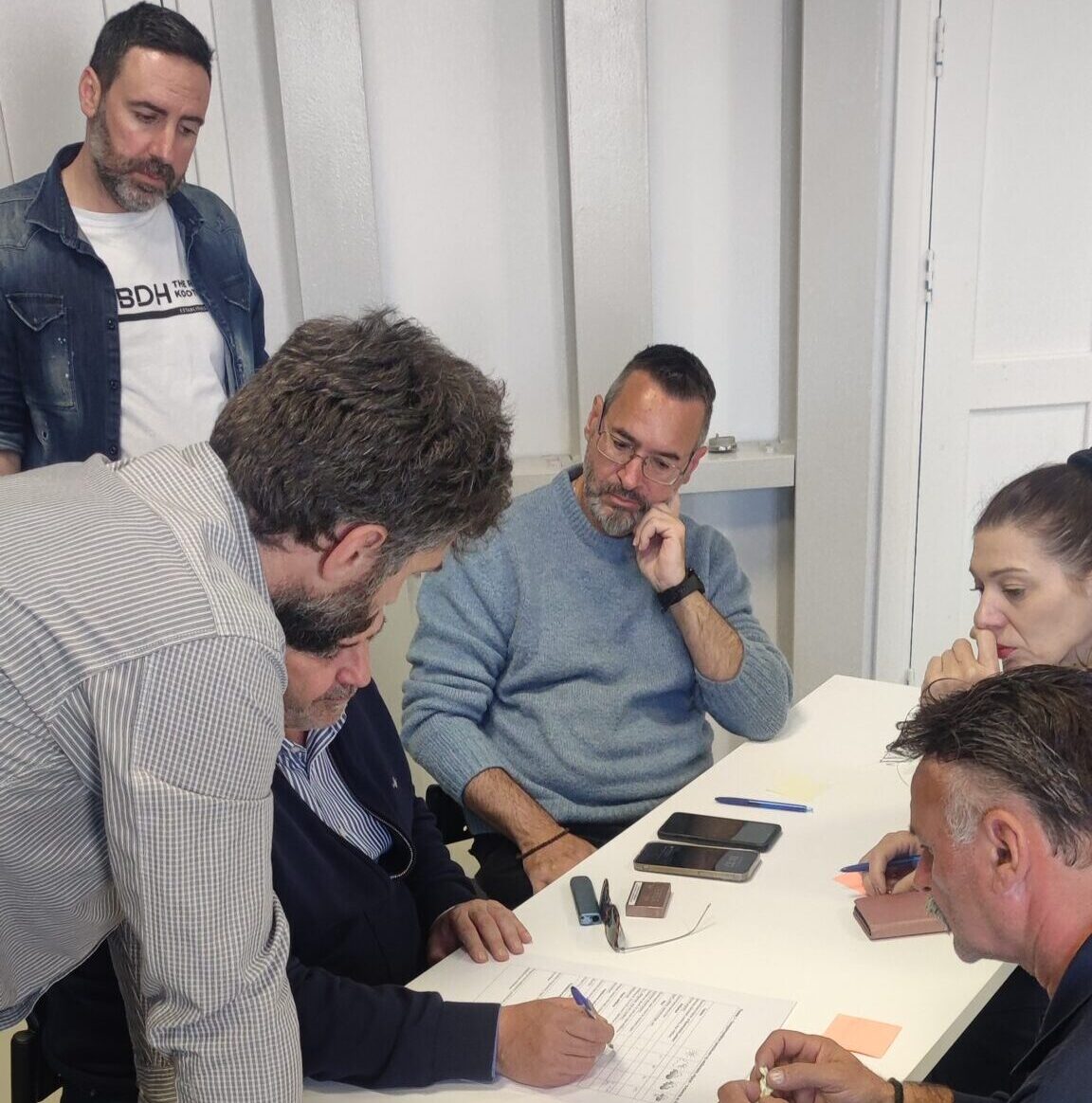
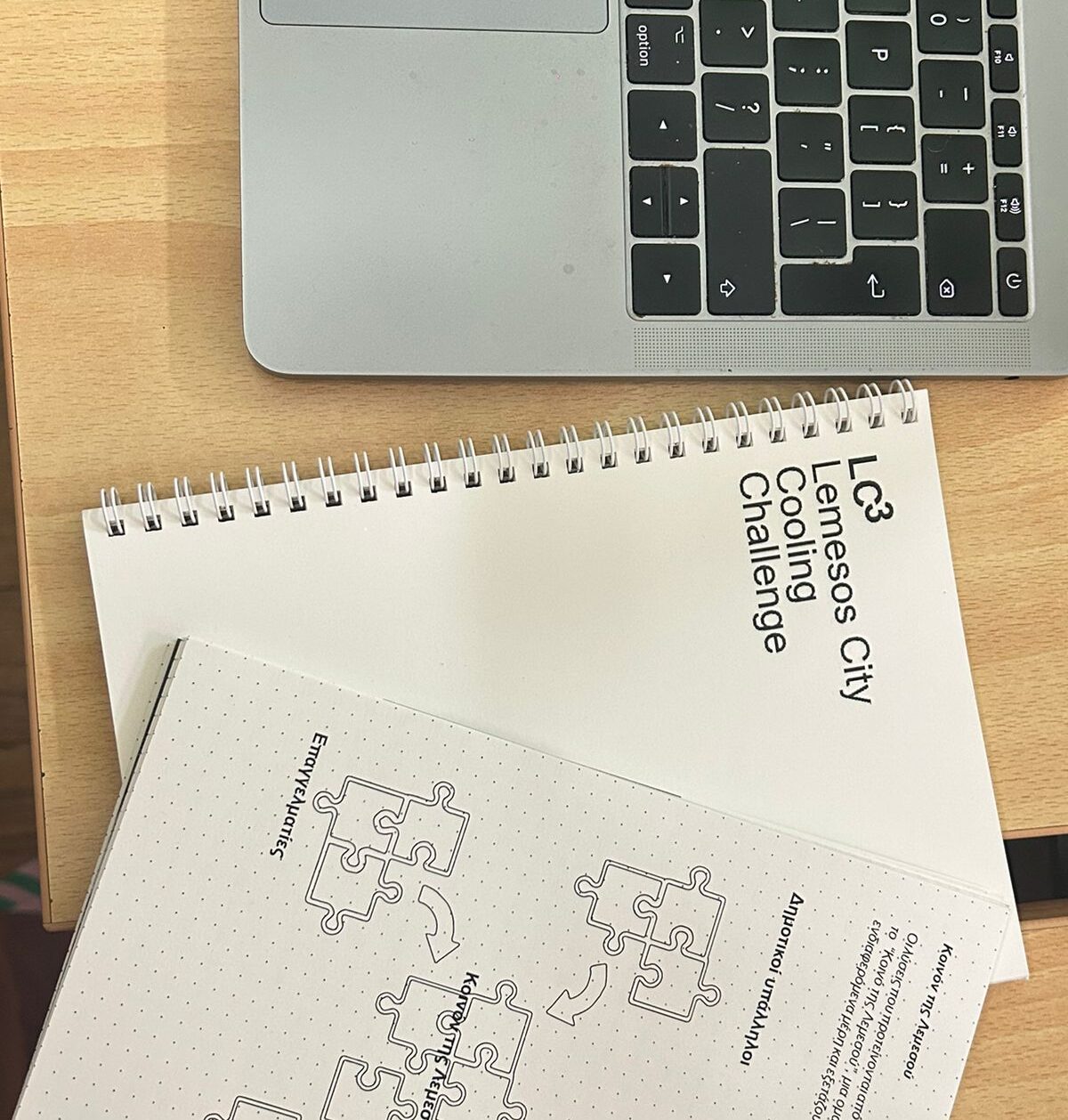
Co-creating solutions workshops for the Built Environment Professionals
Citizen Science - built environment professionals' priorities and solutions
(click here to access)
The journey began with the Challenge Framing Workshop, where participants identified the core issues, constraints, and opportunities. This set the foundation for the project, providing clarity and focus on the most critical challenges that needed to be addressed. Moving forward, the Empathy Workshop utilized tools like Empathy Mapping to deeply understand the perspectives, needs, and priorities of stakeholders. This step was pivotal in building a shared understanding and identifying potential areas for intervention.
In the Alignment Workshop, participants worked collaboratively to define long-term goals and prioritize actions. Using forward-thinking exercises such as the “In 5 Years from Now” framework, the group co-created a shared vision and identified two flagship projects that could drive meaningful change. This was followed by the Ideation Workshop, where participants generated a wide range of creative solutions to address the identified challenges. Ideas were evaluated against predefined criteria, leading to the selection of two key projects that offered the highest potential for impact.
Finally, the Roadmap Workshop brought the work to a practical conclusion. Teams developed a detailed five-year roadmap for each project above, outlining 16 actionable steps to bring the selected projects to life. Roles and responsibilities were clearly defined, and mechanisms for monitoring and evaluation were established. By the end of the project, participants created a robust action plan and built a sense of ownership and commitment to the implementation process.
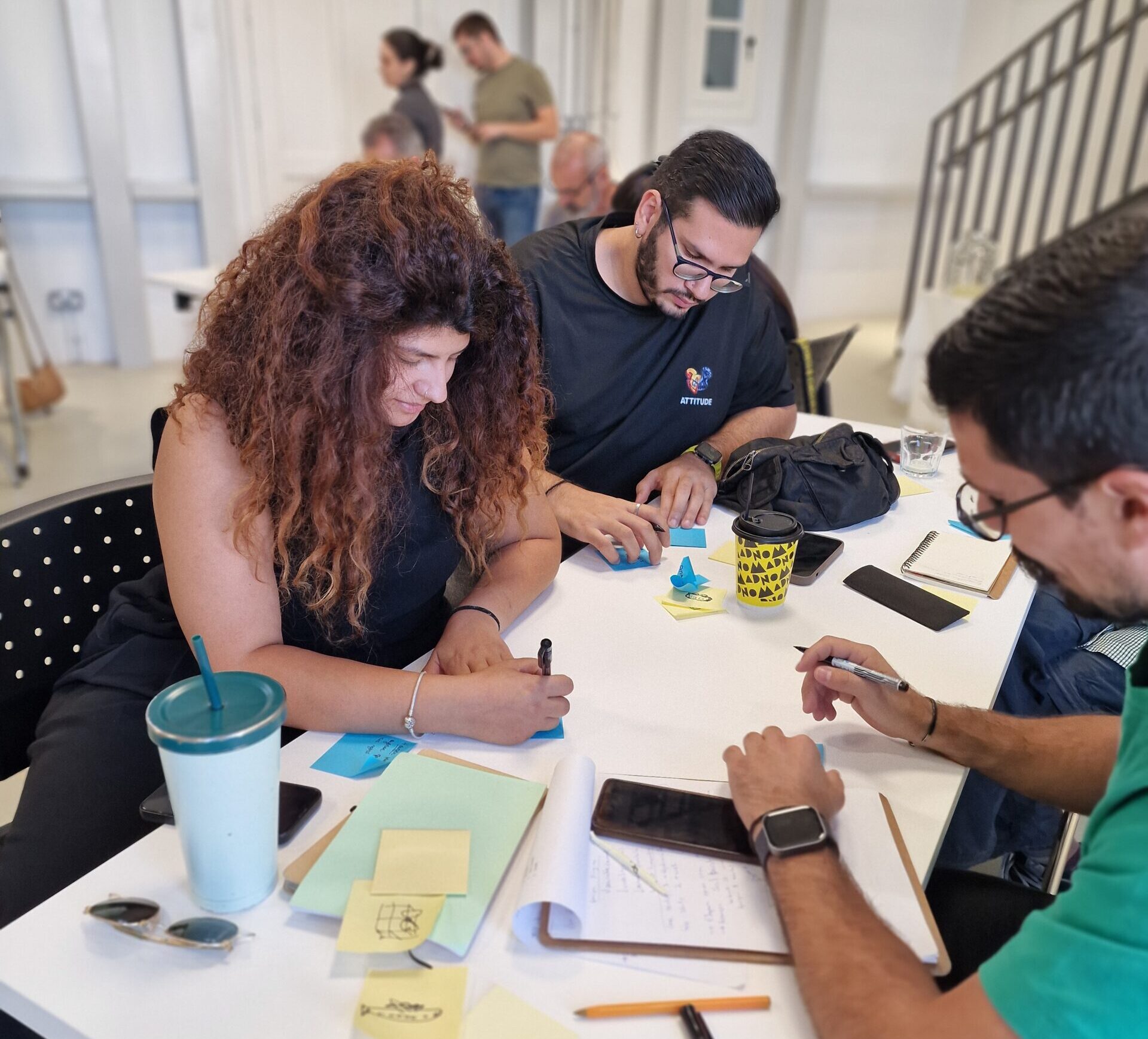
The first solution was focused on Public Transport. Participants proposed strategies to create a safe, efficient, and user-friendly public transport system capable of competing with private vehicles. By improving connectivity, reliability, and accessibility, the goal was to reduce reliance on private cars and promote sustainable urban mobility.
The second solution centered around Building Retrofitting. Participants identified and proposed appropriate retrofit measures, such as passive systems and renewable energy solutions, to enhance the energy efficiency of existing buildings. Legislative amendments were highlighted as critical enablers to incentivize these efforts and support widespread implementation.
Through LC3 workshops focused on Built Environment specialists, we fostered a culture of innovation, empowered professionals to think beyond traditional boundaries, and established a concrete plan to drive change.
Citizen Science - Lemesos Commons' priorities and solutions on free spaces in town
(click here to access)
Lemesos Commons
Participants from co-workshops (facilitators, specialists, stakeholders) are expected to become agents of change, promoting climate action and sustainable practices and by a rotation scheme they participate in Lemesos Commons.
Around 20 experienced co-workshop participants, randomly selected from various stakeholder co-workshops, will form a heterogeneous stakeholder group, the Lemesos Commons, to review, harmonize, and integrate solutions developed from the homogeneous co-workshops.
The Lemesos Commons focused on strengthening and integrating the city's green network through green routes, which aim to:
- To enhance residents' recreation and public health.
- To provide alternative and safe modes of travel within the city.
- To connect public spaces, churches, parks and schools.
- Existing sites and proposed routes
The four meetings of the Lemessos Commons - held from July to December 2024 - focused on Recommendations and Strategies for Developing Green Routes and addressing the issue of unused public and private plots in Limassol. These discussions explored their potential transformation into healthy spaces for the city and its citizens, contributing to urban cooling and reducing temperatures while supporting efforts to combat climate change.
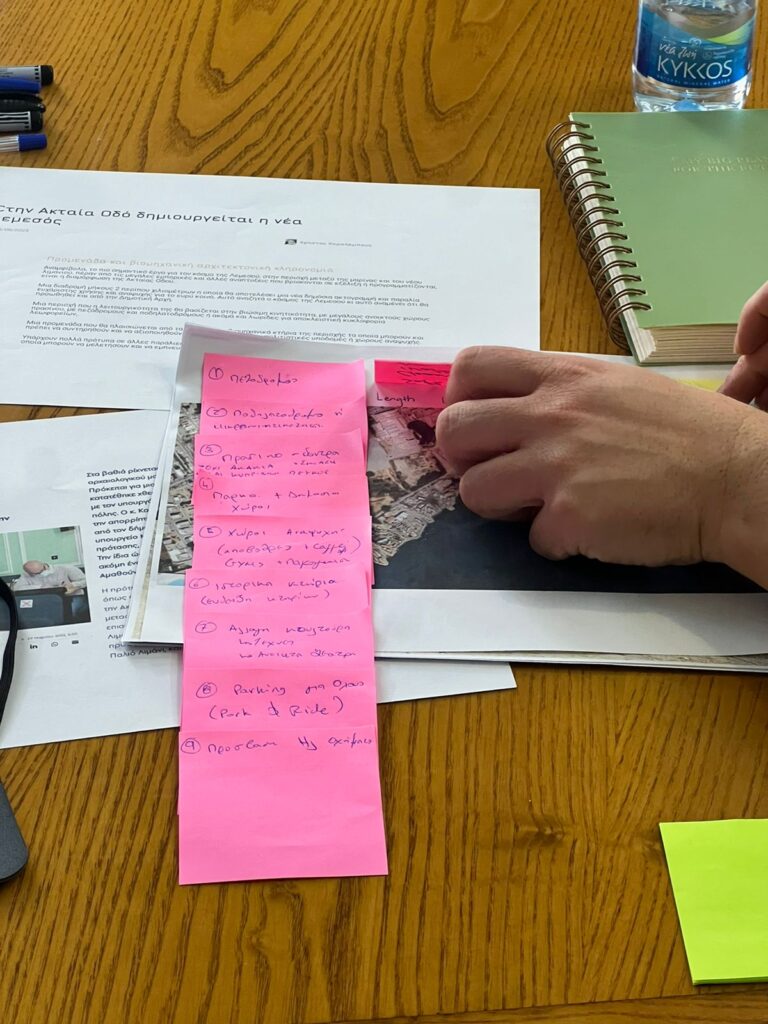
Co-design solutions
Policies: Proper urban planning, privatisation of plots and stakeholder mapping was suggested, as well as addressing the weather conditions using hydro-permeable methods and bioswales. It was also suggested to restore biodiversity and use of Mediterranean trees for shading. The need to raise cultural awareness by placing bird feeders on trees was highlighted, as well as the marking of historic buildings. Suggestions included the installation of wooden benches (coolers) and waste bins, and the use of photovoltaic panels for charging vehicles in parking lots was emphasized.
Uses: Proposals included the creation of a pedestrian and cycle path or micro-mobility areas, and the inclusion of green space with trees (avoiding acacia and preferring carp pine). Recreational spaces such as cafes, gyms and benches were also suggested, as well as the marking of historic buildings. Proposals included the creation of a dog park, the management of parking areas with 'park and ride' schemes for all, and the promotion of cultural change with theatres and other cultural activities.
